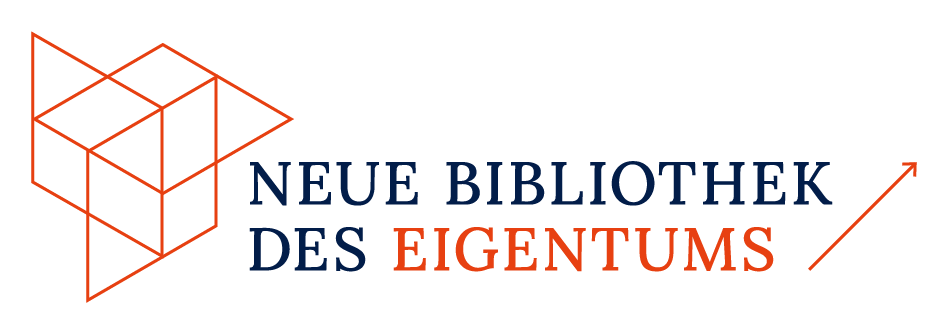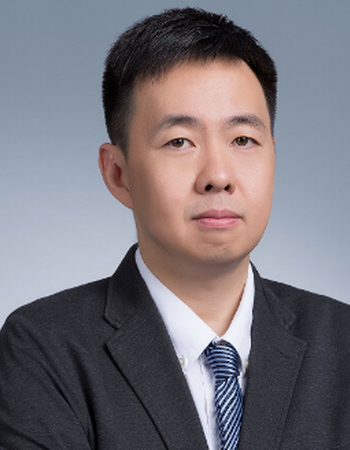Hybride Eigentumsordnung im Staatskapitalismus. Eigentümergesellschaft, sozioökonomische Differenzierung und Gouvernementalität am Beispiel Shenzhen, China

Projektbeschreibung
Das Projekt untersucht, welche Wechselwirkungen zwischen den hybriden Eigentumsrechten an Land und den sich herausbildenden Strukturen einer Eigentümergesellschaft im Zuge der marktwirtschaftlichen Transformation in China bestehen. Es nimmt ferner in den Blick, wie sich in diesem Prozess neue Formen der Beziehung zwischen Staat und Gesellschaft herausbilden (‚Gouvernementalität‘).
Dazu wird eine Fallstudie über fünf ‚Aktiengenossenschaften‘ in der Stadt Shenzhen durchgeführt, die im Kontext sog. ‚urbaner Dörfer‘ gleichermaßen als parafiskalische Organisationen wie als Unternehmen operieren. Die Daten werden mit unterschiedlichen – halbstrukturierten wie teilstandardisierten – Interviewformaten erhoben, wobei sowohl Vertreter dieser Organisationen und Unternehmen als auch Bewohner*innen der urbanen Dörfer befragt werden.
Projektaktivitäten
Veröffentlichungen
Wissenschaftliche Publikationen
- Basso, Frédéric; Herrmann-Pillath, Carsten (2024): Embodiment, Political Economy and Human Flourishing: An Embodied Cognition Approach to Economic Life, London: Palgrave Macmillan.
- Cheng, Jing; Herrmann-Pillath, Carsten; Li, Ling; Guo, Man (2024): „Shareholding cooperatives in Shenzhen and the revival of ‘filial piety’ as a core value of Chinese ethical life", in Carsten Herrmann-Pillath; Qian Zhao (Hrsg.), East Asian Ethical Life and Socio-Economic Transformation in the Twenty-First Century The Ethical Sources of the Entrepreneurial Renewal of Companies and Communities, London: Routledge.
- Herrmann-Pillath, Carsten (2024): „Imagining Utopia in Eco-Social Transformation. More-Than-Human Property and Gift-Exchange Between People and Nature”, in: Walter Otto Ötsch, Birger P. Priddat, Steffen W. Groß (Hrsg.) Das Imaginative der Politischen Ökonomie, 307-328.
- Herrmann-Pillath, Carsten, Zhao, Qian (Hrsg.) (2024): East Asian Ethical Life and Socio-Economic Transformation in the Twenty-First Century. The Ethical Sources of the Entrepreneurial Renewal of Companies and Communities, Routledge.
- Herrmann-Pillath, Carsten (2023a): „Cultural Foundations of Economic Behaviour in China“, in: Jane Nolan, Zhao Shuming, und Ken Kamoche (Hrsg.): Routledge Handbook of Chinese Business and Management, , 34–55, 1. Aufl. London: Routledge. DOI: 10.4324/9780429448935-5
- Herrmann-Pillath, Carsten (2023b): „The universal commons: An economic theory of ecosystem ownership“, in: Ecological Economics Vol. 208 (2023). DOI: 10.1016/j.ecolecon.2023.107822.
- Herrmann-Pillath, Carsten (2023c): „Sharing planet Earth: Overcoming speciesism in economics", in real-world economics review 106, December, 113-121.
- Herrmann-Pillath, Carsten (2023d): „Modi der Appropriation und nicht-menschliches Eigentum am Land. Wege zu einer geoethischen Revolution des Rechts", in: Zeitschrift für Wirtschafts- und Unternehmensethik 24 (3), 337–59. https://doi.org/10.5771/1439-880X-2023-3-337.
- Herrmann-Pillath, Carsten, Man, Guo (2023): The Cultural Governance of Death in Shenzhen, in: The China Quarterly. DOI: 10.1017/S0305741022001898. Ein zusammenfassendes Audiobook dieses Artikels findet sich hier
- Herrmann-Pillath, Carsten, Zhao, Qian (2023): „The Cultural Meaning of ‘Market’ in China and the Western tradition: Worlds Apart?“, in: Hollstein, Bettina; Rosa, Hartmut; Rüpke, Jörg (Hrsg.) (2023), The Study of our Relationship to the World, Frankfurt am Main and New York: Campus Verlag.
- Guo Man, Pan Liqun, Carsten Herrmann-Pillath, Li Ling, Cheng Jing (2022): „Perceptions of Wealth and Attitudes Towards Redistributive Policies in Urban Villages of Shenzhen, China.“, Working Paper Nr. 3, Sonderforschungsbereich/Transregio 294 »Strukturwandel des Eigentums«.
- Cheng Jing, Carsten Herrmann-Pillath, Li Ling (2022): „The Three Modes of Appropriation. Lessons of Chinese Practice for Theorizing Property.“, Working Paper Nr. 1, Sonderforschungsbereich/Transregio 294 „Strukturwandel des Eigentums".
- Herrmann-Pillath, Carsten, Man Guo, Xingyuan, Feng (2020): Ritual and Economy in Metropolitan China: A Global Social Science Approach, Routledge.
Medien und Podcasts
- Herrmann-Pillath, Carsten (2022): „Ecology and more-than-human property“, in: Blog des Sonderforschungsbereichs „Strukturwandel des Eigentums“. (veröffentlicht am 11.07.2022)
Vorträge
- Carsten Herrmann-Pillath (2024): „Chinas Stellung in der Welt. Historische Perspektiven für die Gegenwart", Vorlesung am 16.05.2024 im Rahmen der Ringvorlesung „Chinesische Welten" der China-Kompetenz-Plattform für Hochschulen und Forschungseinrichtungen in Thüringen (Friedrich-Schiller Universität Jena).
Veranstaltungen
- Tagung „East Asian Ethical Life and Economy in the 21st Century“. (24. bis 25.11.2022).
- Workshop „Legal pluralism and land ownership in Shenzhen, China“ mit Peter Ho. (08.04.2022).

